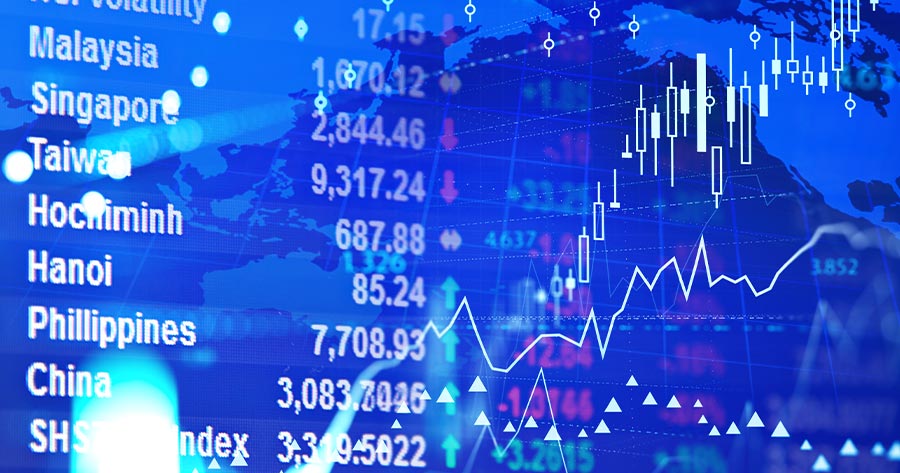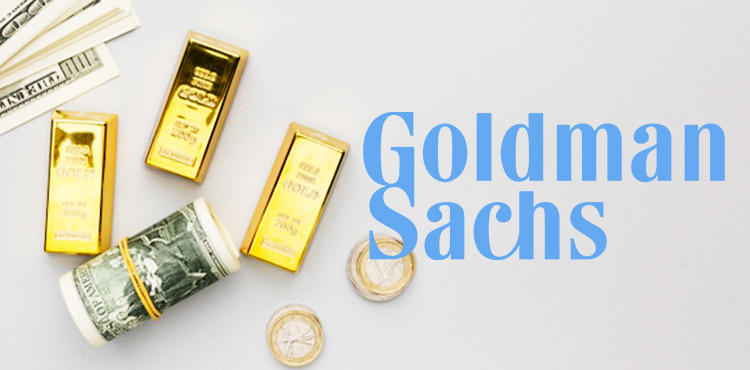On Friday morning (24 October, 9:30 AM, GMT+7, Bangkok time), most indices in Asia Pacific increased as investors monitored crucial developments and key economic data.
Japan’s core inflation rose to 2.9% in September, marking its first uptick since May and matching projections from economists surveyed by Reuters. The figure surpassed the 2.7% recorded in August. Meanwhile, headline inflation also increased to 2.9%, up from 2.7% in the prior month, remaining above the Bank of Japan’s 2% target.
In Australia, the country’s central bank announced it will begin reviewing improvements for the interbank settlement system next year, aiming to modernize technology, extend operating hours, and broaden the use of central bank money.
For South Korea, the nation’s finance ministry announced its readiness to intervene in the foreign exchange market to stabilize the won-dollar rate in response to ongoing volatility.
Notably, the U.S. confirmed on Thursday that President Donald Trump is scheduled to meet Chinese President Xi Jinping during his upcoming visit to Asia next week, easing uncertainty surrounding the meeting sparked by heightened trade hostilities between Washington and Beijing.
Japan’s NIKKEI rose by 1.32% to 49,282.19. South Korea’s KOSPI jumped 1.98% to 3,921.52, while Australia’s ASX 200 slid by 0.16% to 9,017.9.
As for stocks in China, Shanghai’s SSEC grew by 0.27% to 3,933.10. Hong Kong’s HSI surged by 0.7% to 26,149.57, and Shenzhen’s SZI gained 1.14% to 13,173.56.
The U.S. stock markets edged up on Thursday as the Dow Jones Industrial Average (DJIA) increased by 0.31% to 46,734.61. NASDAQ expanded by 0.89% to 22,941.79, and S&P 500 added by 0.58% to 6,738.44. VIX slumped by 6.99% to 17.3.
As for commodities, oil prices settled higher on Thursday to reach a two-week peak, after the U.S. imposed sanctions on leading Russian energy companies Rosneft and Lukoil due to Russia’s ongoing conflict in Ukraine. The restrictions have led energy companies in China and India to weigh reductions in Russian imports. Brent crude futures climbed $3.40, or 5.4%, to close at $65.99 per barrel, while U.S. West Texas Intermediate (WTI) crude advanced $3.29, or 5.6%, to settle at $61.79 per barrel.
This morning, Brent futures dropped 36 cents, or 0.55%, to $65.63 a barrel, and the WTI declined 37 cents, or 0.6%, to $61.42 per barrel.
Meanwhile, gold futures contracted by 0.42% to $4,128.1 per Troy ounce.





